In an era, where the quality of education is paramount, effective teaching methodologies are continually evolving to meet the needs of diverse learners. This book, “Micro Teaching: A Comprehensive Guide for 21st Century Teachers in the Digital Era” aims to bridge the gap between theory and practice by providing a comprehensive exploration of micro teaching techniques and their application in the classroom.
Micro Teaching, a concept introduced in the early 1960s, has since evolved into a fundamental component of teacher training and professional development. It involves the practice of teaching in a controlled, scaled-down setting, allowing educators to refine their instructional strategies, receive constructive feedback, and enhance their teaching skills in a supportive environment. The essence of micro teaching lies in its ability to offer targeted, actionable insights that can be immediately applied to real classroom scenarios.
This book is designed to be both a practical guide and an academic resource. It is intended for educators at all stages of their careers—whether you are a novice teacher seeking to build a solid foundation or an experienced educator aiming to polish your skills. The chapters are structured to offer a blend of theoretical underpinnings and practical exercises, ensuring that readers can translate concepts into effective teaching practices.
In this book, you will encounter comprehensive discussions on the principles of micro teaching, detailed step-by-step guidelines for conducting micro teaching sessions, and sample lesson plan demonstrating its positive impact on teaching effectiveness. Additionally, the book emphasises the importance of reflective practice, providing tools and strategies for self assessment and continuous improvement.
The insights shared in this book are drawn from a combination of educational research, practical experience, and feedback from educators who have successfully integrated micro teaching into their professional development.
Contents –
1. Overview of Micro Teaching
2. Skill of Set Induction
3. Unveiling the Secrets of Effective Blackboard Writing
4. Skill of Reinforcement
5. Skill of Illustration with Examples
6. Skill of Questioning
7. Exploring the Impact of Stimulus Variation on Cognitive Processing

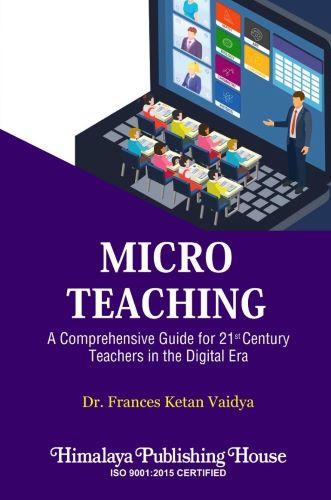
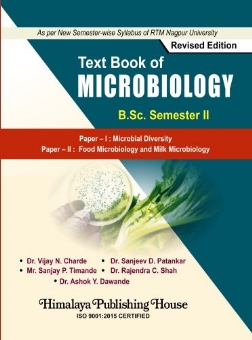
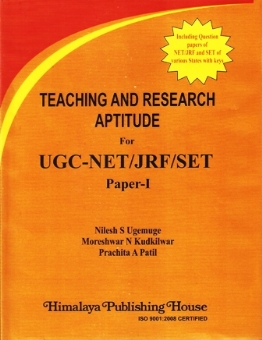
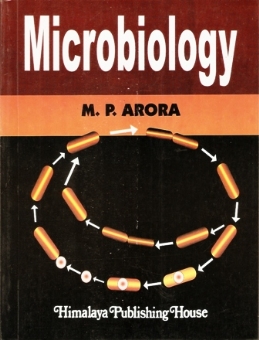
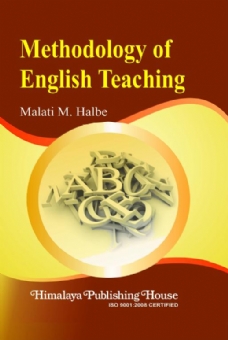
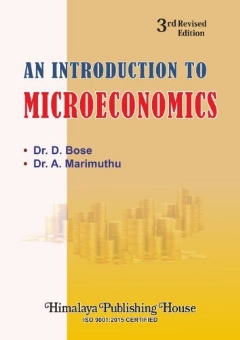
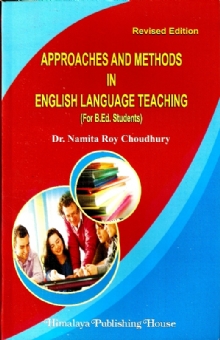
Your review is awaiting approval
3vlqcr